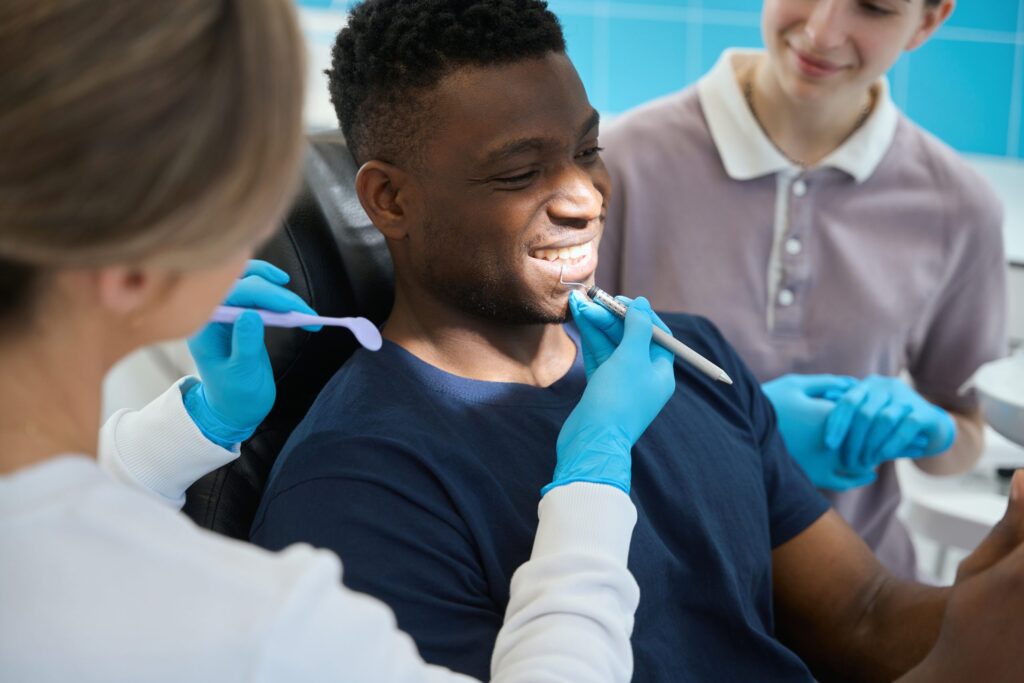Navigating college life can be challenging enough without the added complexity of orthodontic treatment. Whether you’re sporting braces or clear aligners, it’s crucial to find ways to manage your oral care while balancing classes, social events, and everything in between.
You might be wondering how to keep your smile on track while still enjoying the college experience. Don’t worry; you’re not alone.
Many students face similar hurdles, and with the right strategies, you can maintain your orthodontic routine without sacrificing your social life or academic success. From quick tips on oral hygiene to managing dietary restrictions, this guide will help you thrive during your treatment.
Embrace your journey to a healthier smile and discover how to make the most of your college years.
Understanding Orthodontic Treatments
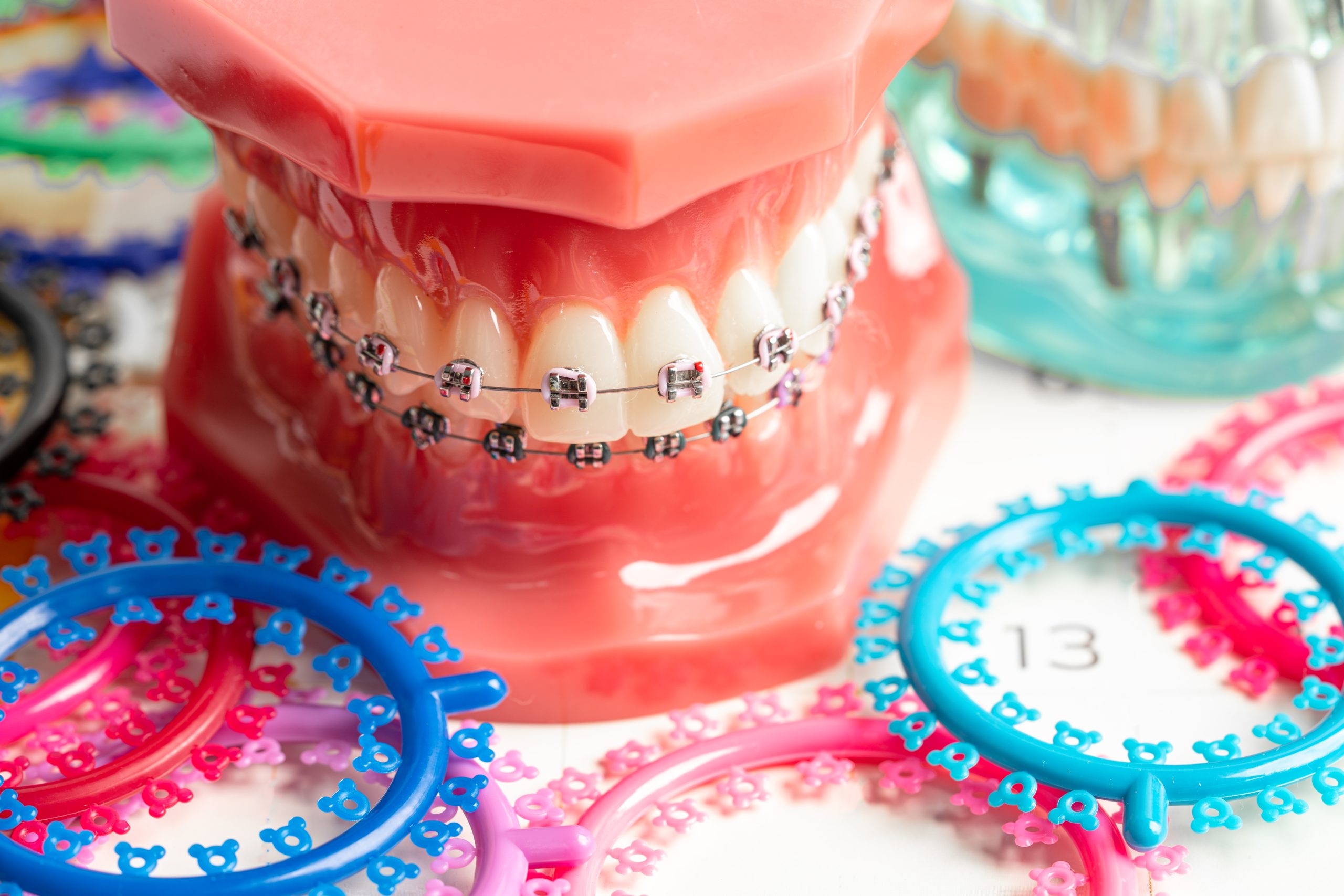
Orthodontic treatments align your bite and straighten your teeth, crucial for improving oral health and preventing dental issues such as cavities and gum disease. Several options cater specifically to college students’ needs and lifestyles.
Common Treatment Options for College Students
You have several orthodontic treatment options suitable for your college lifestyle:
- Traditional Metal Braces:
High-grade stainless steel brackets and wires provide a reliable and cost-effective option. These braces effectively treat a wide range of dental alignment issues. - Clear Braces:
Made from clear ceramic composite, these braces offer a discreet alternative. They function similarly to traditional braces while blending more seamlessly with your smile. - Invisalign:
A series of removable clear aligners designed to straighten your teeth. These aligners allow easy removal during meals and special events, making them a convenient choice for busy college students.
Benefits of Starting Treatment in College
Starting orthodontic treatment during college presents numerous advantages:
- Flexible Scheduling:
You can easily schedule appointments around your class and study commitments, minimizing interruptions. - Access to Providers:
Most college towns have orthodontic providers, ensuring you receive timely care without extensive travel. - Improved Self-Esteem:
Straightening your teeth during these formative years boosts your confidence, positively impacting both your social and academic life. - Long-Term Health:
Early treatment reduces the risk of future dental complications, saving time and expenses in the long run.
Essential Tips for Managing Orthodontic Care
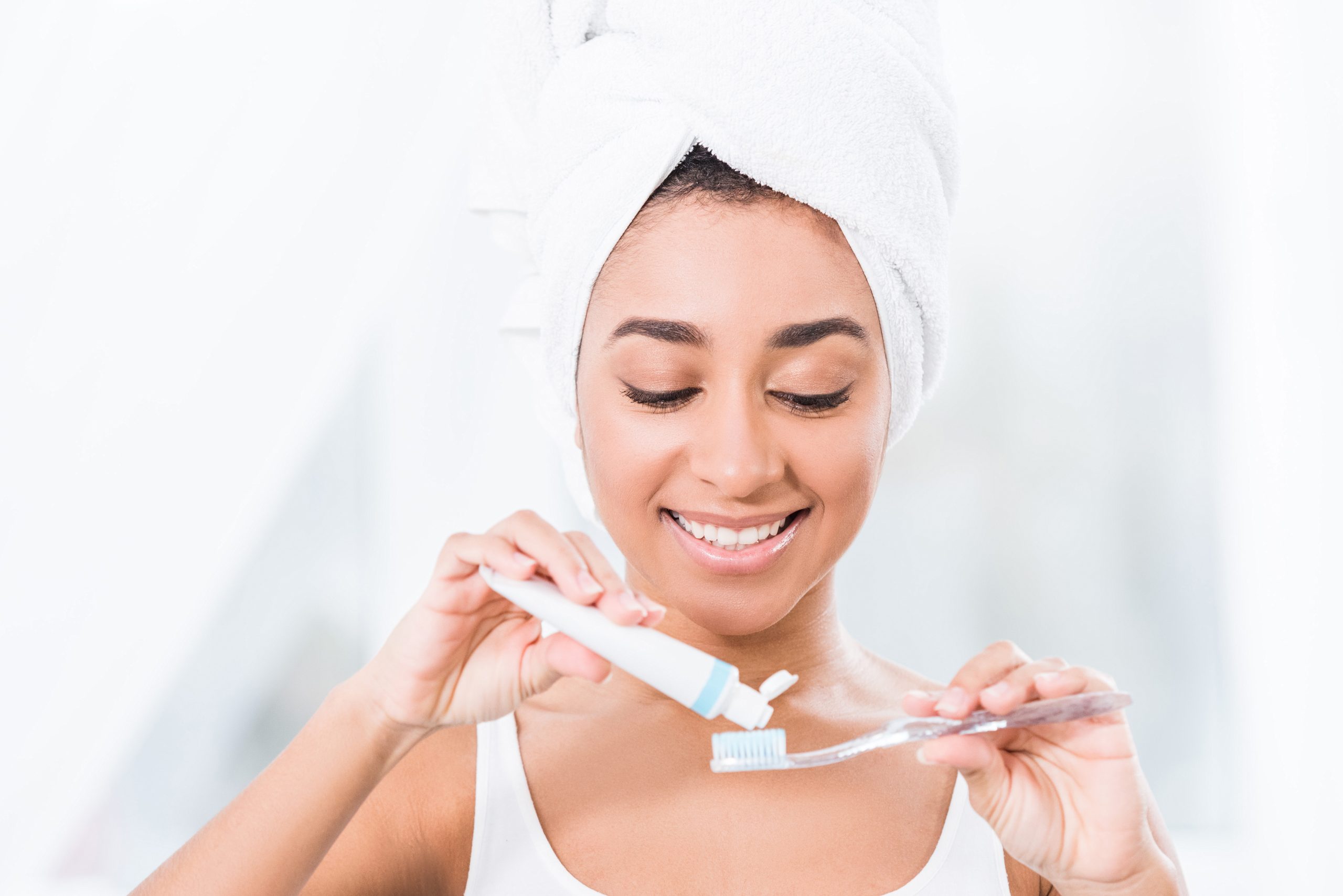
Managing orthodontic care effectively during college involves consistent oral hygiene and proper maintenance practices. Follow these guidelines to ensure a healthy smile throughout your treatment.
Maintaining Oral Hygiene
- Brush twice daily for 1 to 2 minutes using both horizontal and vertical motions. Employ a soft-bristled toothbrush and fluoridated toothpaste for optimal results.
- Floss daily to eliminate food particles and plaque from between teeth and around brackets. Utilizing floss threaders or orthodontic floss can simplify this process.
- Rinse with mouthwash regularly to help kill bacteria and reduce plaque buildup. Choose an antimicrobial mouthwash for enhanced protection.
- Schedule professional dental check-ups every 6 months for thorough cleanings and monitoring of oral health.
Packing a Braces Care Kit
- Include a travel-sized toothbrush and toothpaste to facilitate easy cleaning while on the go.
- Add floss or floss picks specifically designed for braces to ensure proper interdental cleaning.
- Pack orthodontic wax to cover any irritating brackets or wires. This helps maintain comfort during your daily activities.
- Carry a small mirror for quick checks after meals to ensure no food is trapped in your braces.
Avoiding Damaging Foods
- Avoid hard and sticky foods like nuts, caramel, and chewing gum, which can damage braces and lead to discomfort.
- Choose soft foods that are easy to chew, such as yogurt, mashed potatoes, and smoothies.
- Cut larger food items, like apples or sandwiches, into smaller pieces to make them easier to eat.
- Stay hydrated and opt for water as your primary beverage to help wash away food particles and maintain oral cleanliness.
Emotional Well-being During Treatment
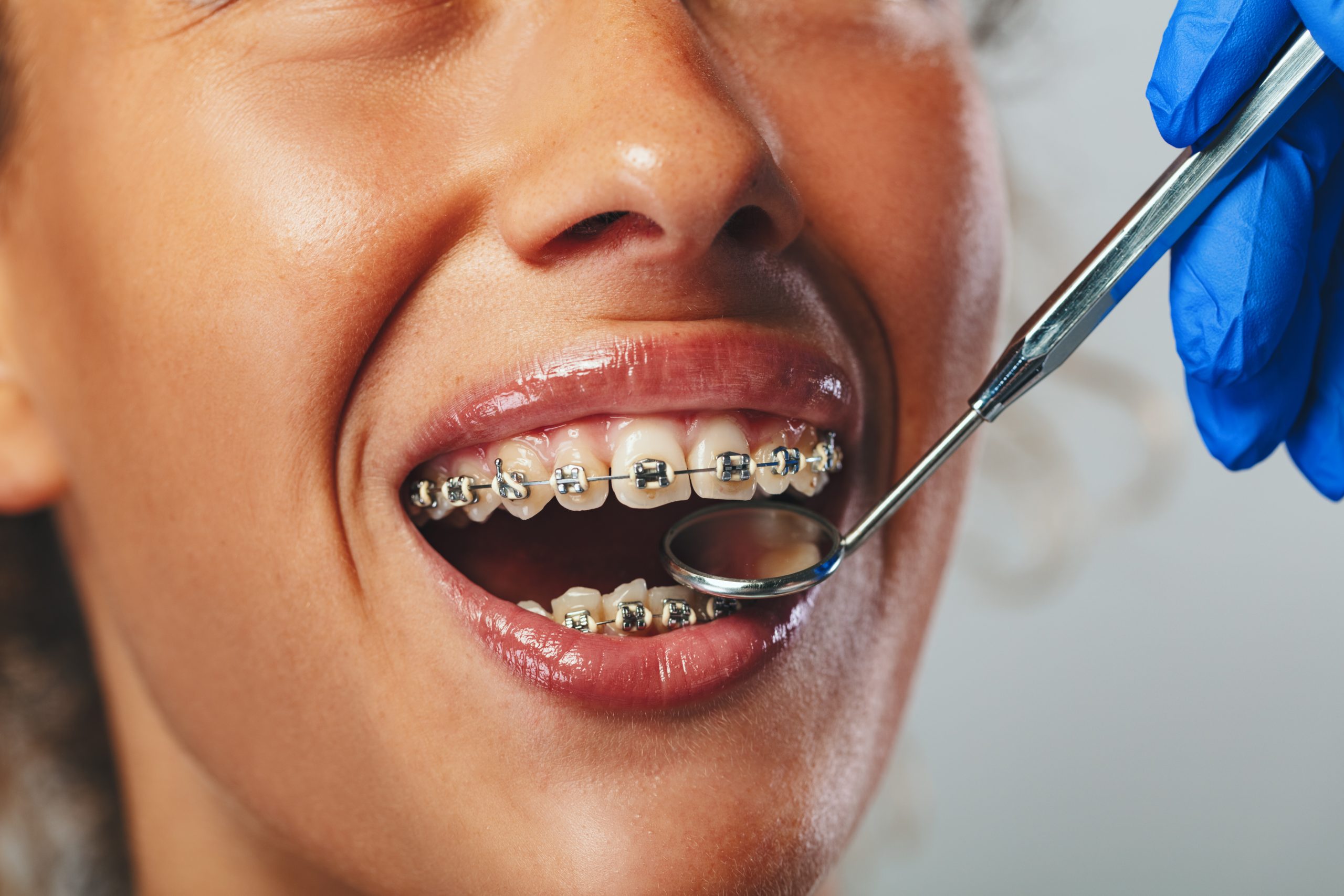
Emotional well-being during orthodontic treatment plays a vital role in your overall experience. Focusing on support and motivation helps you navigate the challenges effectively.
Staying Positive and Motivated
Celebrate small victories throughout your treatment. Acknowledging each milestone, such as improved alignment or reduced discomfort, boosts your morale.
Keep visual reminders like before-and-after photos to track progress. These reminders reinforce your goals and maintain motivation.
Establish a reward system; for instance, treat yourself when you complete a phase of treatment. This approach creates a sense of accomplishment, making the process more enjoyable.
Communicating with Peers about Your Treatment
Communicate openly with your peers about your orthodontic treatment. Sharing your experience fosters understanding and support.
Discussing any concerns you have can alleviate feelings of anxiety. Your friends can provide encouragement which may enhance your emotional well-being.
Using social media platforms to share updates can also create a sense of community. Engaging with others going through similar experiences strengthens your support network.
Preparing for Success
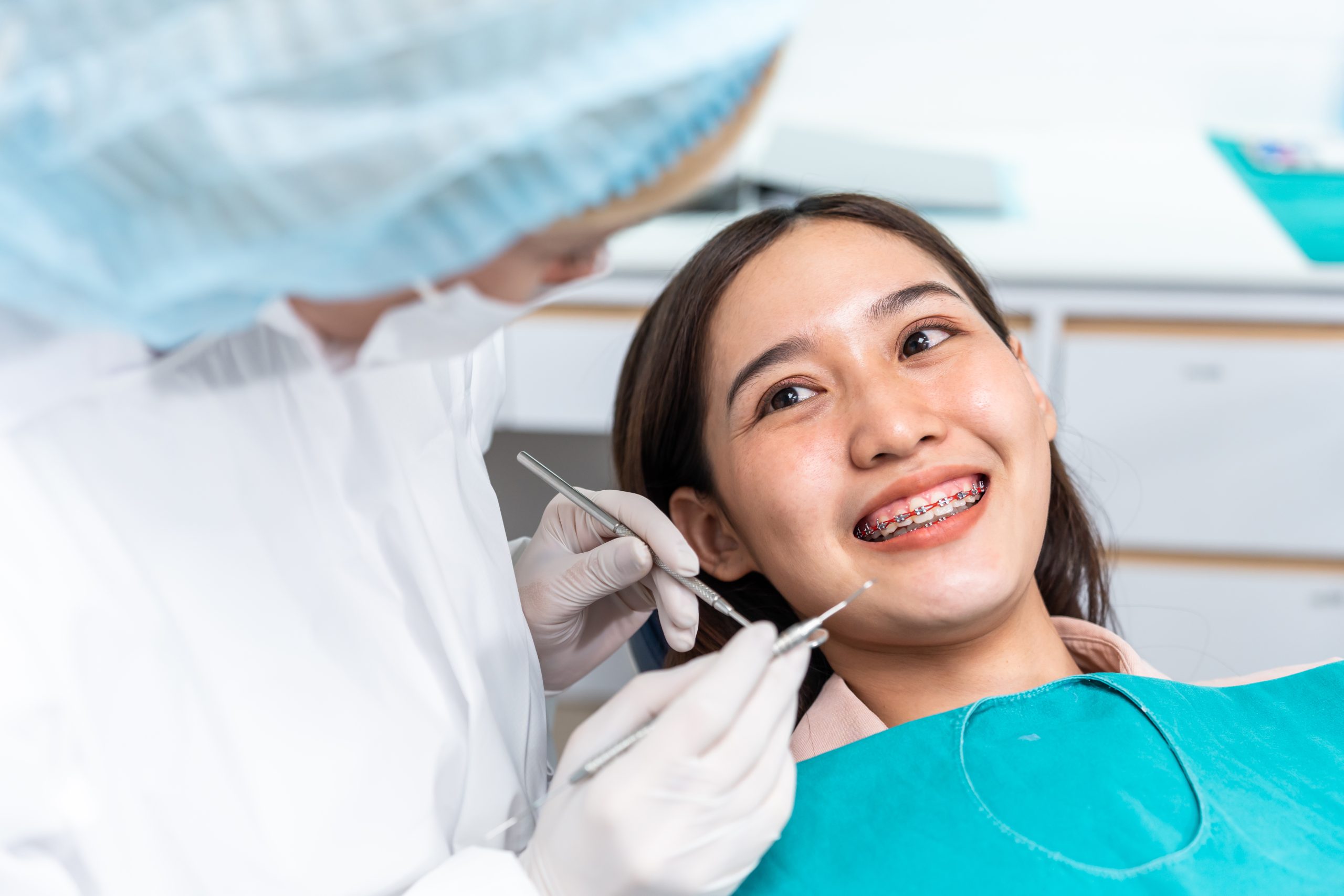
Being proactive in your orthodontic treatment can enhance your college experience. Focus on effective management strategies that ensure optimal outcomes while minimizing challenges.
Scheduling and Keeping Appointments
- Regular Check-ups:
Schedule regular appointments with your orthodontist to monitor treatment progress and make adjustments. Consistent visits facilitate timely interventions and enhance overall treatment efficiency. - Open Communication:
Use these appointments to address any concerns regarding your treatment. Maintain clear communication with your orthodontist to ensure alignment on your care plan, making adjustments when necessary.
Eating Right with Braces
- Soft Diet:
Choose soft, easy-to-eat meals and snacks to reduce discomfort and protect orthodontic appliances. Incorporate foods like yogurt, mashed potatoes, and smoothies to maintain nutrition without risking damage. - Avoid Harmful Foods:
Steer clear of hard and sticky foods like nuts, popcorn, and chewing gum. These items can damage orthodontic appliances or get stuck, complicating your treatment. - Nutritious Choices:
Focus on dairy products, leafy greens, and fortified foods for a diet rich in calcium and vitamin D. These nutrients support strong teeth and bones, ensuring your oral health remains a priority during treatment.
Conclusion
Navigating orthodontic treatment while in college can be challenging but with the right strategies you can make the experience manageable and even enjoyable.
Prioritizing your oral hygiene and sticking to a consistent care routine will help you stay on track. Remember to communicate openly with your orthodontist and don’t hesitate to seek advice when needed.
By making informed food choices and staying active you can protect your orthodontic appliances while maintaining a balanced lifestyle. Embrace this journey as an opportunity for personal growth and confidence.
With a proactive approach your smile can shine brighter as you embrace your college experience.
Frequently Asked Questions
How can I maintain oral hygiene with braces in college?
To maintain oral hygiene with braces, brush your teeth after every meal using a soft-bristled toothbrush. Floss daily with orthodontic flossers or threaders to remove food particles stuck around brackets.
Consider using an antimicrobial mouthwash to reduce plaque buildup. Carry a braces care kit with travel-sized toothpaste, toothbrush, and floss to make it easier to care for your teeth on the go.
What orthodontic options are available for college students?
College students have several orthodontic options including traditional metal braces, ceramic braces, and clear aligners.
Metal braces are durable and effective for most cases, while ceramic braces are less noticeable. Clear aligners like Invisalign offer a discreet alternative but require diligence in wearing them as directed for optimum results.
How can I protect my braces while playing sports?
To protect your braces while playing sports, always wear a mouthguard. A custom mouthguard can fit comfortably over your braces and provide better protection. Alternatively, use a boil-and-bite mouthguard available at most sporting goods stores.
Inform your coach about your braces to ensure your safety during games and practices.
What should I avoid eating with braces?
Avoid hard, sticky, and chewy foods that could damage your braces. This includes hard candy, chewing gum, popcorn, and tough meats. Additionally, steer clear of crunchy fruits like apples unless sliced.
Choose softer foods that are easy to chew, like yogurt, applesauce, and cooked vegetables, to maintain your orthodontic appliances.
How important are regular orthodontic appointments during college?
Regular orthodontic appointments are crucial for effective treatment. They allow your orthodontist to monitor your progress, make necessary adjustments, and address any concerns.
Aim to keep appointments every 4-8 weeks as recommended. Open communication with your orthodontist helps ensure a smoother experience and progress towards your smile goals.




